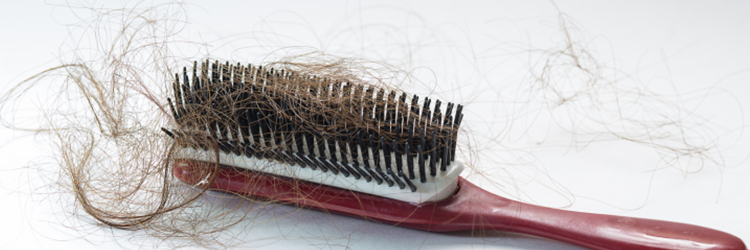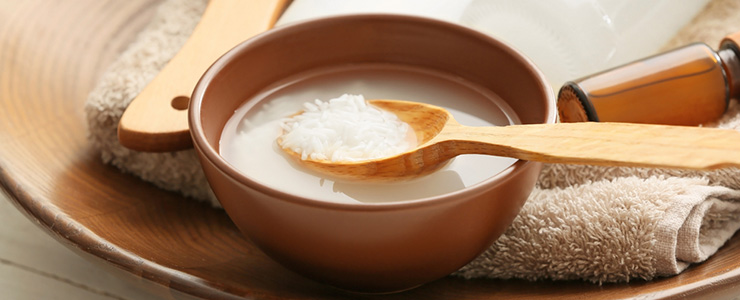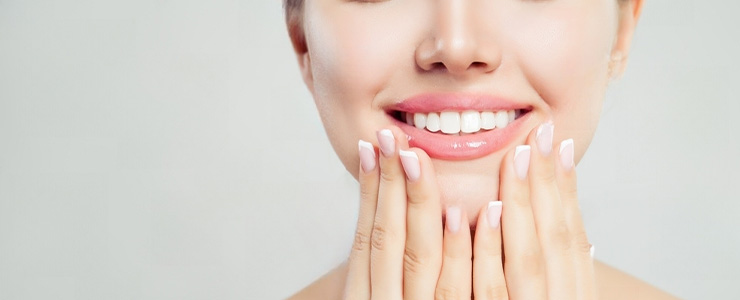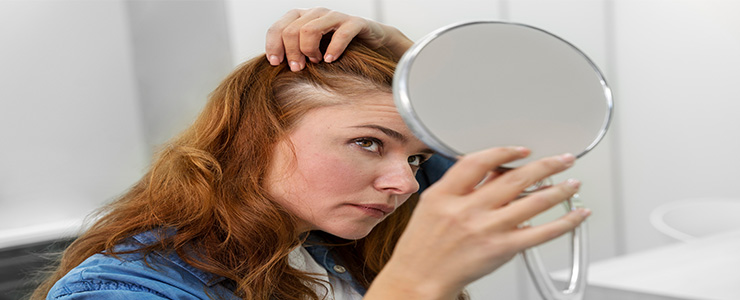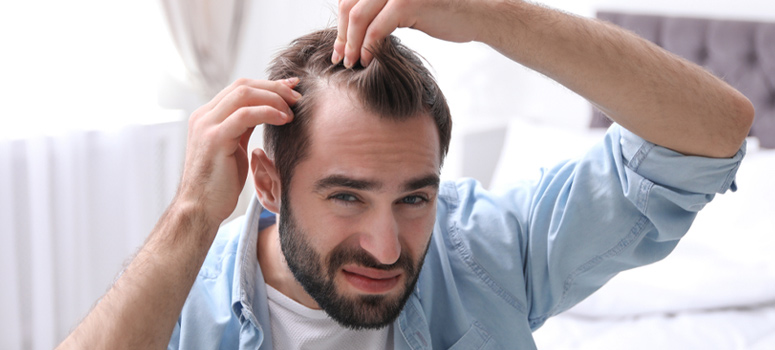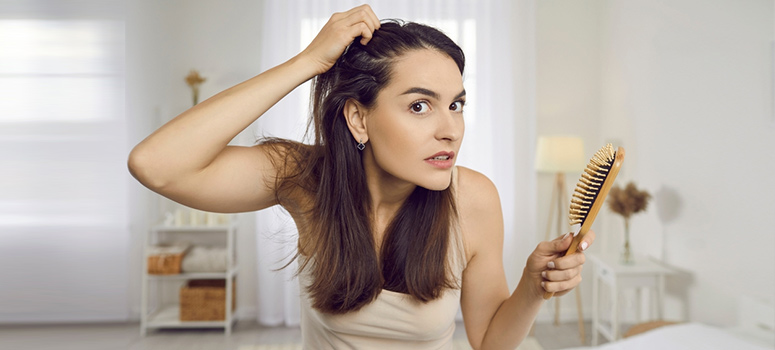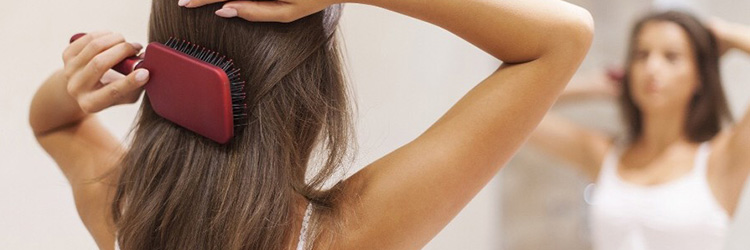Hair loss is a global concern, caused due to a number of factors including environmental and hereditary factors. While you can’t do much about hereditary factors, you can seek medical care for the environmental factors including pollution, application of harmful chemicals to hair, regular bleaching or dyeing, fungal and bacterial infections.
How Does Fungal Infection Lead to Hair Loss?
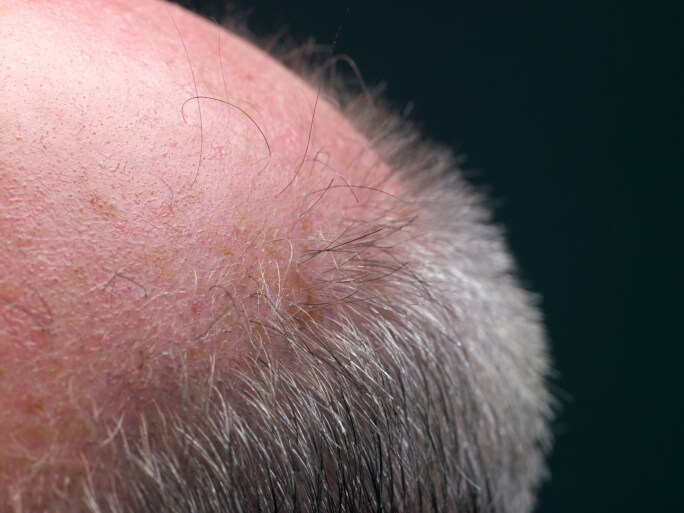
One such infection is ringworm, a very common fungal infection. It usually starts out as a pimple and then rapidly starts spreading. If this takes place on the scalp, it can cause hair fall in patches. This condition is called Tinea capitis. The fungus usually enters the hair strands resulting in the hair strands becoming fragile and breaking easily, leaving behind bald patches. The areas that are affected get red and itchy with inflammations.Tinea capitis develops when you don’t clean your hair and scalp frequently. Mold-like fungi known as dermatophytes is also responsible for Tinea capitis.
Folliculitis, also called hot tub rash, is another infection which increases hair fall. Folliculitis causes hair follicles on the scalp to be infected and inflamed. This results in weakening of hair roots and the hair falls off rapidly. Androgenic alopecia or female and male pattern baldness is caused due to these fungal infections, which leads to hair strands breaking off near the scalp, causing the “black dot effect”. [4] All these fungal infections destroy hair from the roots and have long-term consequences.
How to Prevent Fungal Infections?
Fungal infections on your scalp are caused when you fail to clean your hair on a regular basis. Unclean hair and scalp allows growth of bacteria and fungi. Some of the preventive steps are:
- Wash your hair regularly.
- Use hair brushes with soft bristles to prevent hair damage.
- Avoid using towels or combs belonging to others.
- If infected, anti-fungal shampoos or other medical soaps should be used to wash your hair.
- Apply them to the hair and your scalp, leave it for a few minutes and then wash it off properly.
- Apply anti-fungal shampoo at least 3 times in a week continuously for 4 consecutive weeks to get the best results.
Once your hair is affected with a serious fungal infection, its quality will never be the same again. So it is always better to be safe than sorry. Most of us yearn for beautiful and healthy hair. So if you are blessed with gorgeous hair, you should cherish it and take good care of it.

